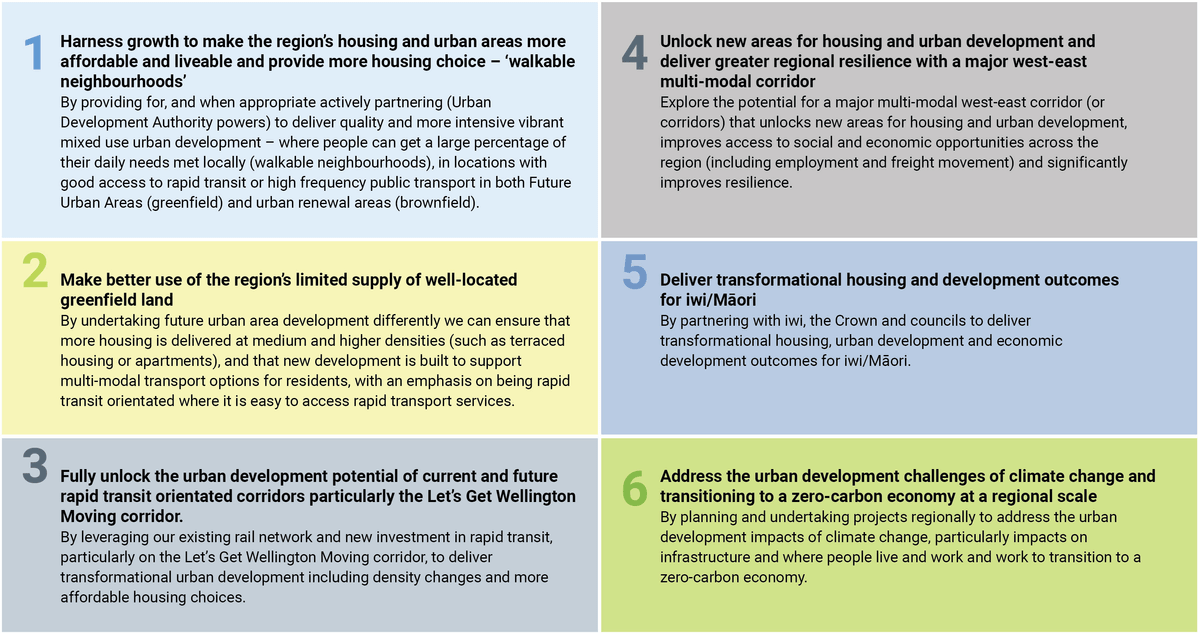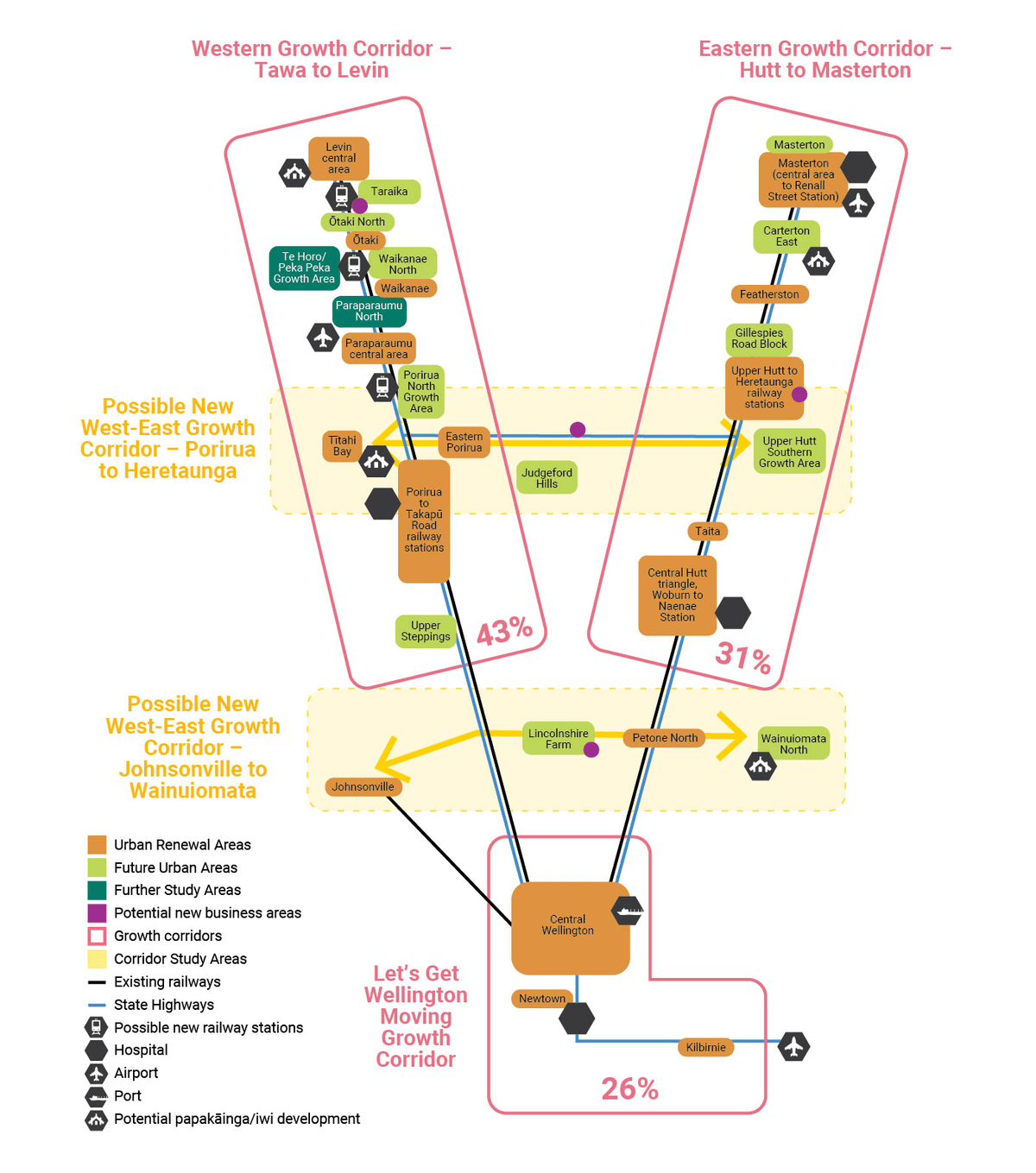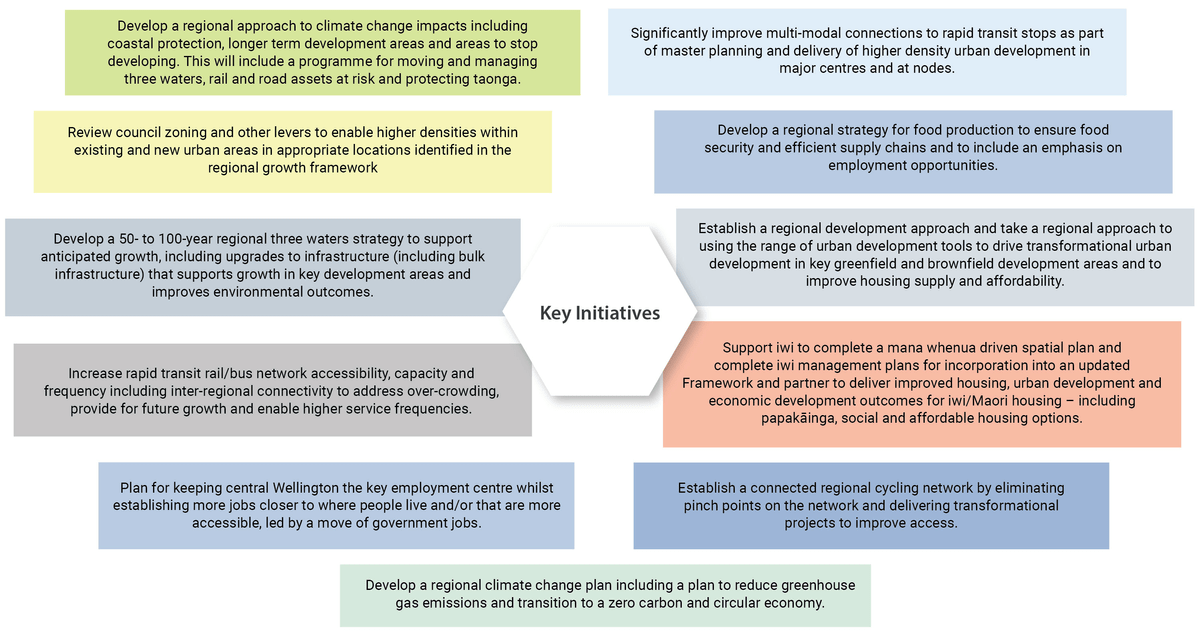Have your say
Summary of the draft Wellington Regional Growth Framework
Working together to plan for our future
We have a unique opportunity to plan for future growth at a regionwide level to ensure that the right investments and planning occur to deliver the best for the future of the region. If you love our region and want to continue to live here and want to protect what’s special for future generations then this is your chance to help shape that.
We’d love to know what you think about the draft Wellington Regional Growth Framework. You can make a submission online here and you can give your feedback until Monday 10 May 2021. This consultation period is designed to align with the Long-Term Plan consultations of the councils in our region.
This web page gives you a summary of the draft Framework providing you with an overview of what is contained in the draft Framework document and will help inform your submission. If you’d like to print off the summary you can find it here. If you’d like more detail, please see the full draft Framework document here.
Already know what you want to say? Give us your feedback here.
Already know what you want to say? Give us your feedback here.
Would you rather print off a copy of the summary? Find it here.
Would you rather print off a copy of the summary? Find it here.
Ka ora te wai
Ka ora te whenua
Ka ora te whenua
Ka ora te tangata
Mo te iti – mo te rahi
If the water is healthy
the land will be nourished
If the land is nourished
the people will be provided for
For the little – for the large
Ka ora te wai
If the water is healthy
Ka ora te whenua
the land will be nourished
Ka ora te whenua
If the land is nourished
Ka ora te tangata
the people will be provided for
Mo te iti – mo te rahi
For the little – for the large
A growing region
Creating a more liveable, accessible, connected, thriving, resilient and green regional future.
As the Wellington-Wairarapa-Horowhenua region grows, we have an opportunity to shape that growth to make the most of the aspects that make our region so special. These include things such as the cultural identities and aspirations of mana whenua, our natural environment and our histories aspects that we must protect and nurture while we respond to the challenges and opportunities that growth brings.
Historically, cities and towns have done their own planning and growth has happened in a piece meal fashion, not taking into account the needs of the wider region. Challenges already exist around housing, urban development, transport and resilience. These are regional issues that cross local council boundaries and are better tackled together, not individually. Actions we take now could bring about a better future for us all.
By working together, local government, central government and iwi partners in the Wellington-Wairarapa-Horowhenua region have created the draft Wellington Regional Growth Framework (the Framework). It provides us with a chance to make sure future growth enhances the region.
What is the Framework?
The Framework is a 30-year strategy that sets the strategic and spatial direction for decision-making on housing, infrastructure, services and investment to ensure a prosperous region.
It identifies how the Wellington-Wairarapa-Horowhenua region could accommodate a future population of 760,000 people and an additional 100,000 jobs over the next 30 years. This would mean an additional 200,000 people living in the region.
The Framework helps us to think about what would be required to deal with not only new growth, but also how we grow to achieve the best outcomes for the region. It considers potential infrastructure needs beyond the 30-year growth scenario and sets the direction for an enduring partnership of central government, local government and iwi in the region that will deliver the regional vision for growth and investment.
It will deliver on the Urban Growth Agenda objectives of the Government, which adjust the integrated approach to urban development and infrastructure planning by introducing new planning, funding and financing opportunities.
How we developed the Framework
In 2019 local government, central government and iwi partners in the Wellington-Wairarapa-Horowhenua region started working together on the Framework. Kaupapa principles (ki uta ki tai, wairuatanga, kaitiakitanga, tō mātou whakapono and mahitahi) informed the development of the Framework.
In developing the Framework we held workshops with mayors and councillors, mana whenua, technical experts, stakeholders, interest groups and industry organisations. We undertook new analysis and drew on existing policies from around the region, such as city and district-scale spatial plans like Wellington City’s Planning for Growth, District Plan changes (for instance in Porirua City and Hutt City), iwi management plans, and central government’s current and proposed policies such as the Climate Change Response (Zero Carbon) Amendment Act and the proposed Spatial Planning Act. See www.wrgf.co.nz/about for more information on the relationship between the Framework and other documents.
What are our key challenges?
What is our vision for the future?
The whole region is growing, and Horowhenua plays a role in that growth.
Most new housing will be within the current urban footprint. The Framework includes walkable neighbourhoods with a mix of higher-density housing than we have currently, shops and local services, particularly around key public transport hubs and centres.
Horowhenua plays a unique role as a gateway to the western side of the region.
Improved outcomes for Māori
We see a region where mana whenua and cultural histories are represented in urban spaces.
A more accessible and connected region
We want people to have easy and affordable access to housing, education, amenities, open space, jobs and services across the region.
We want to support people to get around more on foot and by bike, making neighbourhoods safer and accessible to all people, and we want to make public transport more accessible, reliable and efficient, with key routes separated from cars to speed up journey times.
We want to improve transport connections between Porirua in the western corridor and the Hutt Valley in the eastern corridor.
A resilient and greener region
We want to reduce our carbon emissions and transition to a zero-carbon economy.
We want to increase our resilience to natural hazards.
A well serviced region
We want regional infrastructure to meet the needs of residents, including our three waters (drinking water, stormwater and wastewater), transport, community, health, education and cultural infrastructure.
A more liveable region
We want to live more locally –with more jobs and services located within walking and cycling distance of our homes.
We want to increase the range, quality and affordability of housing, supporting a mix of densities and embracing new ways of living.
A thriving region
We want to increase access to employment and social opportunities by improving transport connections across the region.
Key moves
The Framework includes a set of ‘key moves’ (significant things we are going to do differently) that provide the direction for the Framework and a spatial representation of our priority growth areas.

Priority growth areas

Delivering on the Framework
Key general initiatives
The diagram shows key region-wide initiatives. These are the larger initiatives that we will undertake collectively and within a two-to four-year period to help drive the required outcomes of the Framework.

What happens with your submission?
We want you to know what happens next in our process and what will happen with your submission. Information that might be useful for you is:
- All submissions will be publicly available.
- Once submissions have closed in mid-May we will prepare a summary report of feedback. This report will be made available on our website. If you want to be advised when this report is available, ensure you sign up to our newsletter.
- We will undertake an analysis of the feedback and provide a report to the governance group we are currently establishing. This will include recommendations for any changes to the draft Framework for the final Framework. We expect that this reporting will be in mid-2021, after which the final Framework will be released.
Want to know more?
Check out the full draft Framework or email us your questions to admin@wrgf.co.nz.
Sign up for updates.
Quick Links


